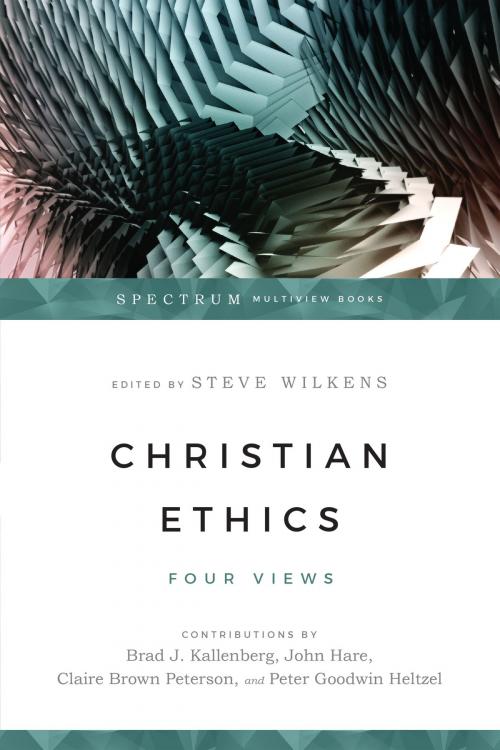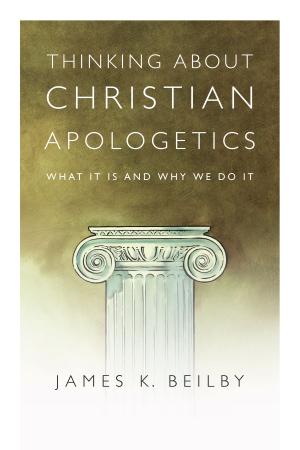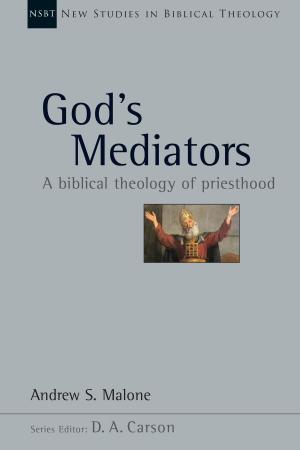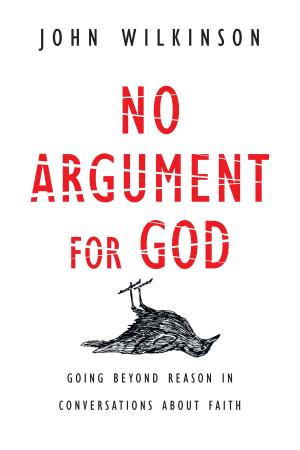Christian Ethics
Four Views
Nonfiction, Religion & Spirituality, Philosophy, Ethics & Moral Philosophy, Theology, Christianity| Author: | Steve Wilkens | ISBN: | 9780830891573 |
| Publisher: | IVP Books | Publication: | June 27, 2017 |
| Imprint: | IVP Books | Language: | English |
| Author: | Steve Wilkens |
| ISBN: | 9780830891573 |
| Publisher: | IVP Books |
| Publication: | June 27, 2017 |
| Imprint: | IVP Books |
| Language: | English |
The field of Christian ethics is the subject of frequent conversation as Christians seek to understand how to live faithfully within a pluralistic society. The range of ethical systems and moral philosophies available can be confusing to people seeking clarity about what the different theories mean for everyday life. Christian Ethics: Four Views presents a dialogue between four main approaches to ethics in the Christian tradition. Virtue ethics focuses less on the action itself and more on the virtuous character of the moral agent. A divine command approach looks instead at whether an action has been commanded by God, in which case it is morally right. Natural law ethics argues for a universal, objective morality grounded in nature. Finally, prophetic ethics judges what is morally right in light of a biblical understanding of divine justice and shalom. The four views and their proponents are as follows:
• Brad J. Kallenberg: Virtue Ethics
• John Hare: Divine Command Ethics
• Claire Peterson: Natural Law Ethics
• Peter Heltzel: Prophetic Ethics
Christian Ethics: Four Views, edited by noted ethicist Steve Wilkens, presents an accessible introduction to the key positions in Christian ethics today.
The field of Christian ethics is the subject of frequent conversation as Christians seek to understand how to live faithfully within a pluralistic society. The range of ethical systems and moral philosophies available can be confusing to people seeking clarity about what the different theories mean for everyday life. Christian Ethics: Four Views presents a dialogue between four main approaches to ethics in the Christian tradition. Virtue ethics focuses less on the action itself and more on the virtuous character of the moral agent. A divine command approach looks instead at whether an action has been commanded by God, in which case it is morally right. Natural law ethics argues for a universal, objective morality grounded in nature. Finally, prophetic ethics judges what is morally right in light of a biblical understanding of divine justice and shalom. The four views and their proponents are as follows:
• Brad J. Kallenberg: Virtue Ethics
• John Hare: Divine Command Ethics
• Claire Peterson: Natural Law Ethics
• Peter Heltzel: Prophetic Ethics
Christian Ethics: Four Views, edited by noted ethicist Steve Wilkens, presents an accessible introduction to the key positions in Christian ethics today.















